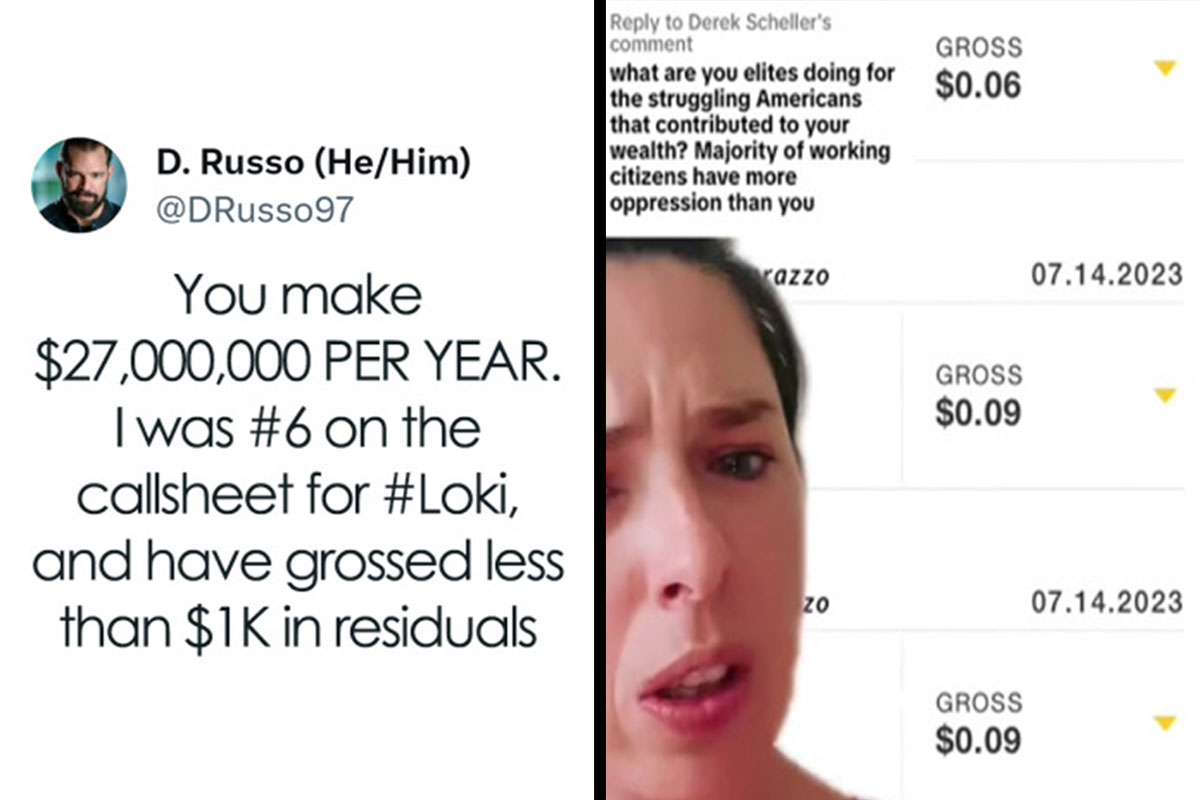
14 Actors Shared The Exact Minimal Sums Of What They Made From Residuals Of Popular Shows
While one might be willing to assume that actors from popular TV shows and movies are raking in millions, it is far from the truth, as revealed by actors, who shared the exact numbers as they opened up about not getting fair compensation for their work and were united by a call to strike by SAG-AFTRA, the world’s largest performers’ and broadcasters’ union, on July 14, joining the Writer’s Guild of America, which has been on strike since May.
SAG-AFTRA, the world’s largest performers’ and broadcasters’ union, joined the Writer’s Guild of America and is on strike as of July 14
Image credits: FilmUpdates
Actors opened up about unfair compensations as they shared their residuals online
SAG-AFTRA president Fran Drescher explained what led the world’s largest performers’ and broadcasters’ union to go on strike, as she noted in her statement that while “SAG-AFTRA negotiated in good faith and was eager to reach a deal that sufficiently addressed performers needs”, “AMPTP’s responses to the union’s most important proposals have been insulting and disrespectful”.
Duncan Crabtree-Ireland, SAG-AFTRA’s national executive director, similarly emphasized that “The studios and streamers have implemented massive unilateral changes in their industries’ business model, while at the same time insisting on keeping the contracts frozen in amber”.
Alyssa Miller for Nofilmschool noted that demands from the actors’ union are very similar to the WGA’s and included restrictions on artificial intelligence technology, which can use a performer’s likeness or writing style without their consent or compensation, and a new business model with residuals based on viewership.
Constance Marie Lopez showed that her residuals for Switched at Birth – the TV series she worked on for 5 years – varied between 3, 4, and 74 cents
Image credits: goconstance
Constance Marie Lopez shared a video online where she explained that her reason for going on strike is unwillingness of AMPTP to negotiate and adjust actors’ contracts to the changed situation in relation to streaming, the internet and AI. The actress showed her residuals for the Switched at Birth TV series, which she worked on for 5 years and which the studio is still showing, and it varied between 3 and 74 cents. Lopez stated it to not be enough for her to make a living in addition to it not being a sustainable business model.
Luke Cook similarly answered to the critics in his video, saying that the strike is “nothing like millionaires striking to be even bigger millionaire”, as 95% of actors from SAG-AFTRA can’t make a living from acting and have side jobs to survive, but they are asking for more adequate pay as people who are contributing to the production of films and TV shows.
Many working actors shared their residuals, a compensation a performer or writer receives for the replay of the TV shows or movies they are in, online, in response to critics of the strike and a comment by Disney CEO Bob Iger, who claimed that actors and writers are not being realistic with their demands for fair compensation.
Heather Matarazzo responded to strike critics by showing her residuals that netted in 6 to 9 cents
Image credits: heathermatarazz
Luke Cook noted that 95% of SAG members can’t even make a living from acting and are only asking for more adequate pay
Image credits: thelukecook
Image credits: bestofpauld
Image credits: sagaftra
Kimiko Glenn from Netflix’s Orange Is The New Black posted a video receiving $27.30 in overseas royalties in 2020 despite the show’s success
Image credits: itskimiko
Image credits: itskimiko
Image credits: sagaftra
Kellee Steward joined a trend of posting one’s pay and addressing Bob Iger with: “Hey Bob, this is disturbing to me!”
Image credits: Kellee_Stewart
Jack Bensinger joked he felt like he was “OVERpaid” after receiving 19 cents of residuals for 7 episodes in Stephen Colbert Presents Tonight Out The News
Image credits: JackBensinger
Derek Russo received $1K in residuals for the Loki TV series, despite it being among the most-viewed shows on streaming
Image credits: DRusso97
Armen Taylor received 31 cents worth of residuals in a year for 4 episodes in a TV show
Image credits: ArmenTaylor
Desmond Chiam made 3 times his pay in residuals for Bones, however only made fractions of his pay in residuals on any other streaming gig
Image credits: deschiam
Kamil McFadden only netted $2.77 from residuals for K.C. Undercover and brought attention to a negative amount in his payroll
Image credits: Kamil_McFadden
Stephen Glickman received no residuals for Nickelodeon’s Big Time Rush, which was played on Netflix for two years
Image credits: StephenGlickman
“This should help so much this month!” actor Kris Lofton commented on $31.86 of residuals for an entire month
Image credits: RealKrisDLofton
Ricky Horn Jr. commented: “If we broke, just say that”
Image credits: iVanguard
Kylie Sparks commented on having received no residuals for being in a TV series by Netflix
Image credits: kyliesparks
Spencer Rothbell tweeted: “POST YOUR PAY!! Hey Bob, this is disturbing to me!”
Image credits: srothbell
47Kviews
Share on FacebookI feel like I'd need to know the initial pay for the role rather than just the royalties before I can form too much of an opinion, here... though those royalties seem like an absolute joke, so I can understand the anger.
It doesn't matter. Netflix continues to make bank on Gilmore Girls, the writers hardly anything. Do you not get that?
Load More Replies...I think... I don't know enough about this to have a well-informed opinion. I think I have to read up on this and understand all sides first rather then gut- reaction to this post. Still, I'm glad it sparked my interest to learn more.
Please do! I've never even worked in the industry, but living and working in LA, I quickly realized a couple things. First, the film industry impacts absolutely every business in the LA area to some degree. And second, the VAST majority of people who do work in the industry have multiple jobs to get by, especially the "talent". Work is sporadic, and only the a-listers actually make big money. And nearly everyone you see on the screen is a SAG member -- you can only be an extra a couple times without joining the union.
I don't understand residuals. So, as an actor, you accept a role. You play character Y on one episode and get paid $1000. Then, you get paid tiny bits of money when it re-airs? And they're mad these bits of money are too small? When I work at a company and write a manual, I don't get additional pay each time the company uses the manual - I got paid to write it, and it becomes the company's property. So... I guess I just wonder why they want additional payment for each view, when they receive an up-front payment for selling their image and talent. I'm sure they must deserve it, I just don't understand.
That's because you compare apples with pears. A manual is not bringing revenue. It's more like a patent or a recipe or a license. Other artwork, like music for example also gets paid whenever it's played. That's why the initial pay is so low. The big actors and A list stars get millions. Those millions can sustain them. But for the lower ranks that residual is part of the pay and they rely on that. Be aware that 2000 per episode sounds much, but it's not much when you make yourself aware that it takes weeks to film an episode, and in those weeks the actor can't work on anything else. So if they get only that they earn less than minimum wage. The networks have paid fair residuals, so the actors didn't get rich, but they could live of the money. It was fair compensation. But streaming services want to pay the same small initial price but skimp on the residuals, so while they still earn millions, they don't want to pay accordingly.
Load More Replies...I feel like I'd need to know the initial pay for the role rather than just the royalties before I can form too much of an opinion, here... though those royalties seem like an absolute joke, so I can understand the anger.
It doesn't matter. Netflix continues to make bank on Gilmore Girls, the writers hardly anything. Do you not get that?
Load More Replies...I think... I don't know enough about this to have a well-informed opinion. I think I have to read up on this and understand all sides first rather then gut- reaction to this post. Still, I'm glad it sparked my interest to learn more.
Please do! I've never even worked in the industry, but living and working in LA, I quickly realized a couple things. First, the film industry impacts absolutely every business in the LA area to some degree. And second, the VAST majority of people who do work in the industry have multiple jobs to get by, especially the "talent". Work is sporadic, and only the a-listers actually make big money. And nearly everyone you see on the screen is a SAG member -- you can only be an extra a couple times without joining the union.
I don't understand residuals. So, as an actor, you accept a role. You play character Y on one episode and get paid $1000. Then, you get paid tiny bits of money when it re-airs? And they're mad these bits of money are too small? When I work at a company and write a manual, I don't get additional pay each time the company uses the manual - I got paid to write it, and it becomes the company's property. So... I guess I just wonder why they want additional payment for each view, when they receive an up-front payment for selling their image and talent. I'm sure they must deserve it, I just don't understand.
That's because you compare apples with pears. A manual is not bringing revenue. It's more like a patent or a recipe or a license. Other artwork, like music for example also gets paid whenever it's played. That's why the initial pay is so low. The big actors and A list stars get millions. Those millions can sustain them. But for the lower ranks that residual is part of the pay and they rely on that. Be aware that 2000 per episode sounds much, but it's not much when you make yourself aware that it takes weeks to film an episode, and in those weeks the actor can't work on anything else. So if they get only that they earn less than minimum wage. The networks have paid fair residuals, so the actors didn't get rich, but they could live of the money. It was fair compensation. But streaming services want to pay the same small initial price but skimp on the residuals, so while they still earn millions, they don't want to pay accordingly.
Load More Replies...
 Dark Mode
Dark Mode 

 No fees, cancel anytime
No fees, cancel anytime 






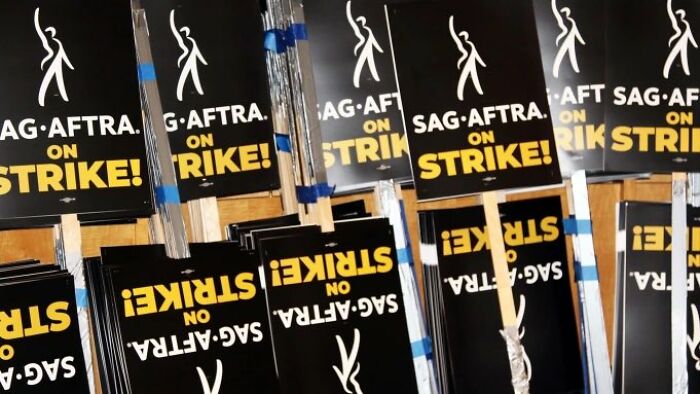
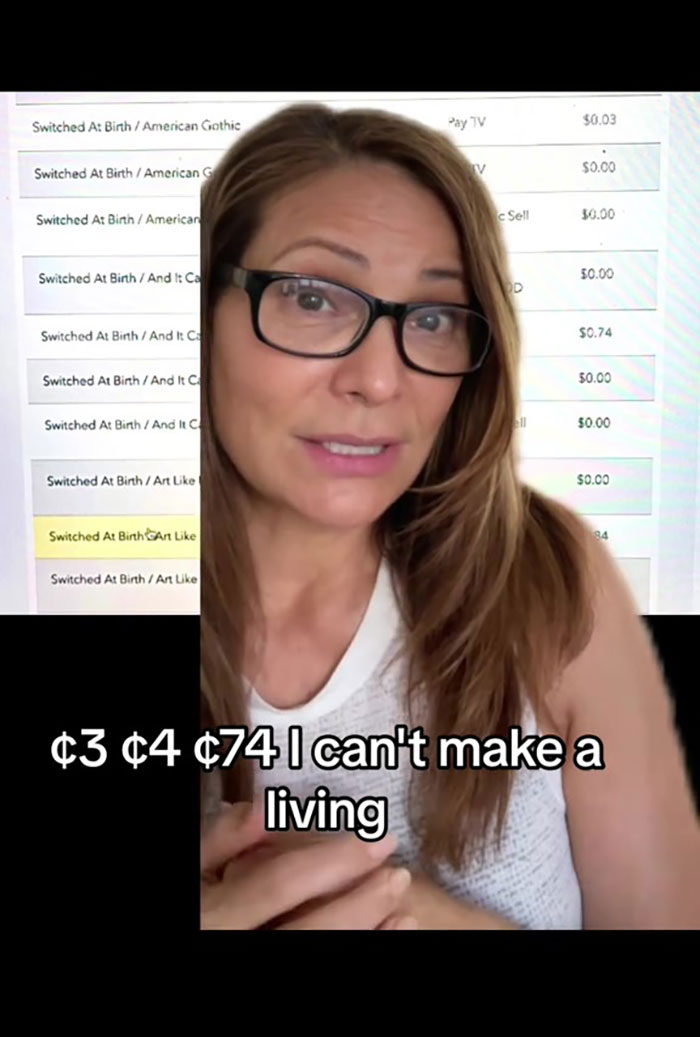
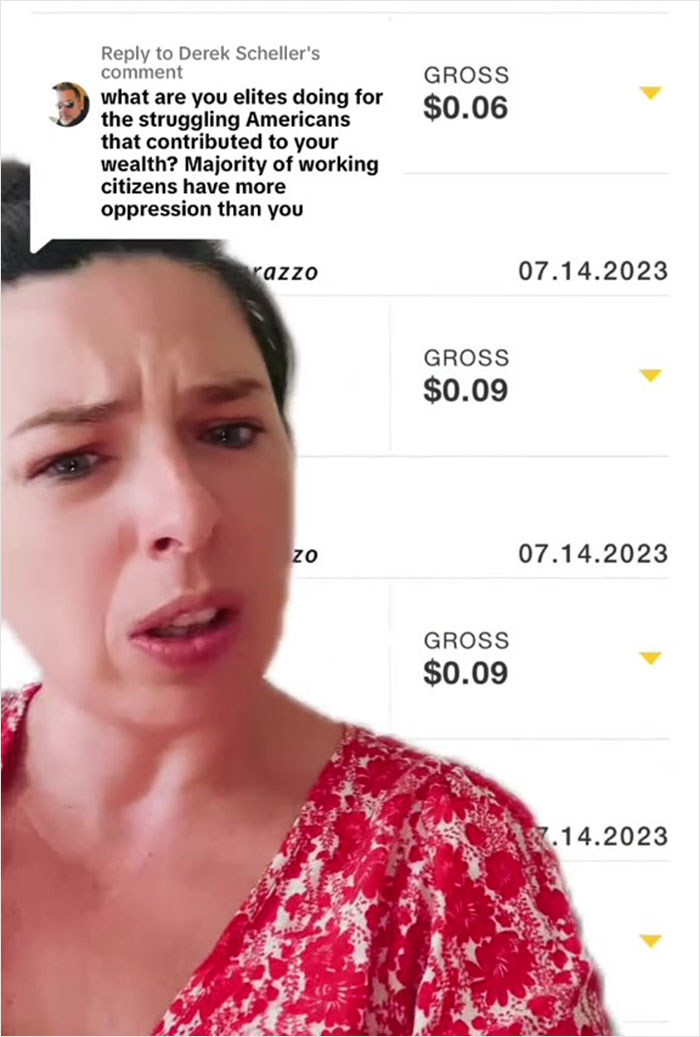

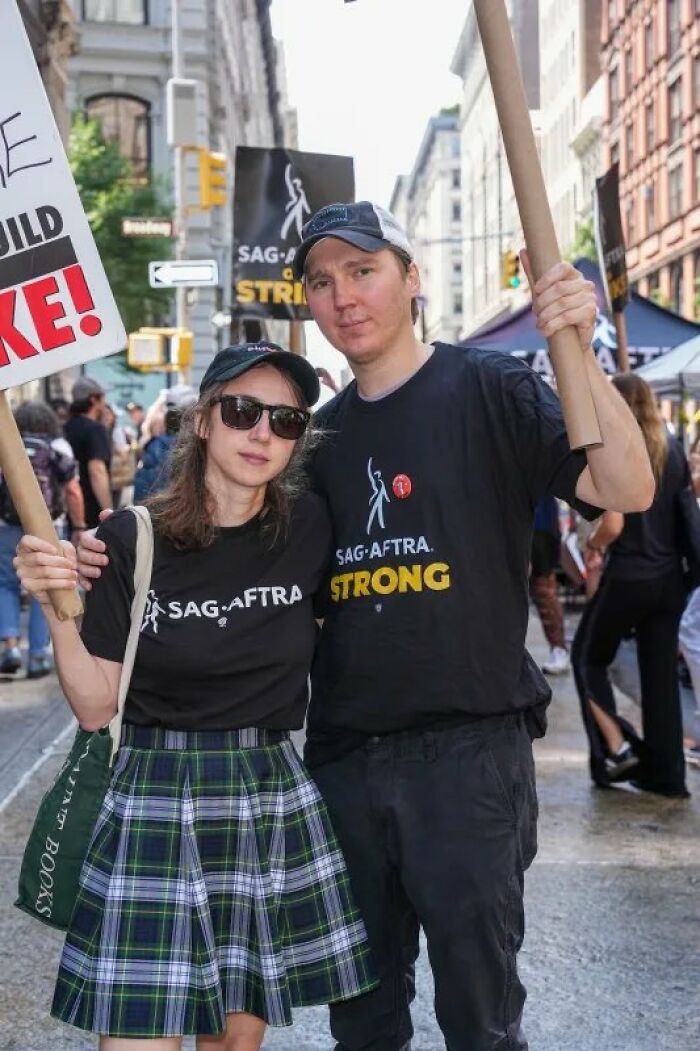
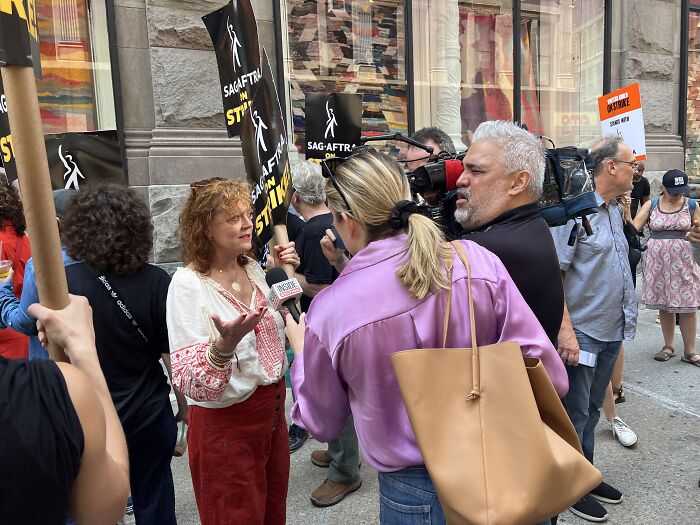




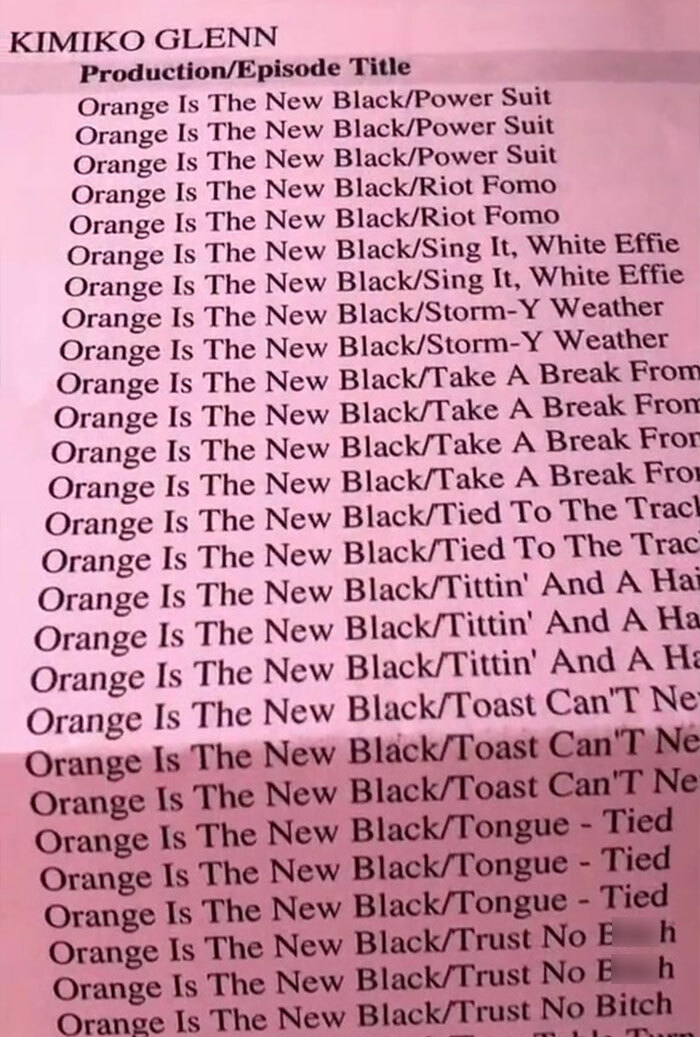
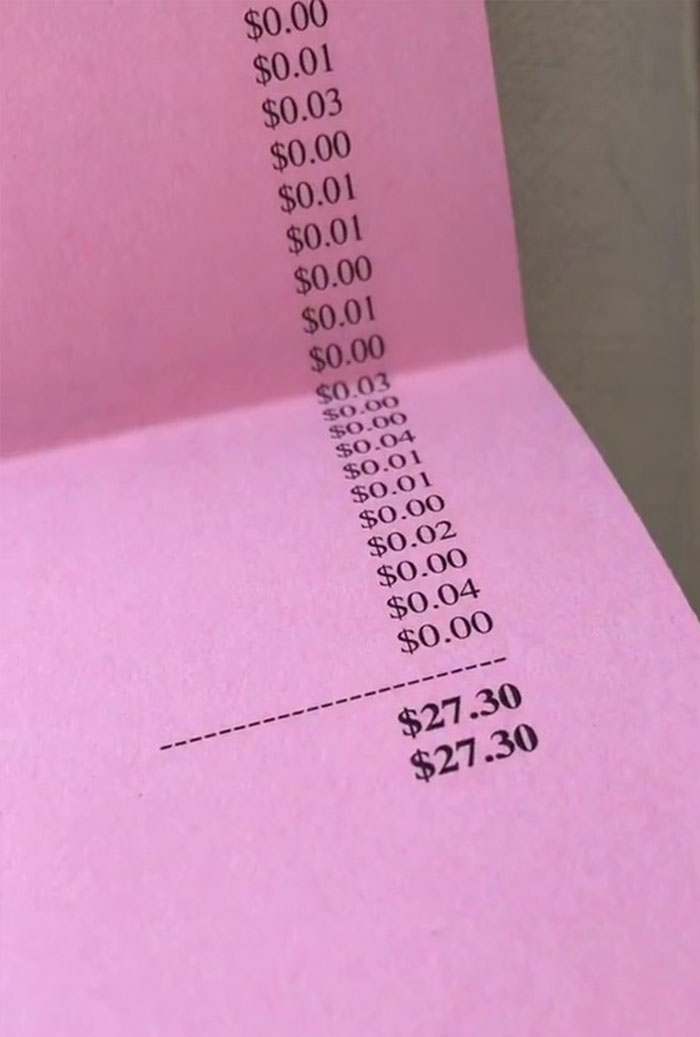
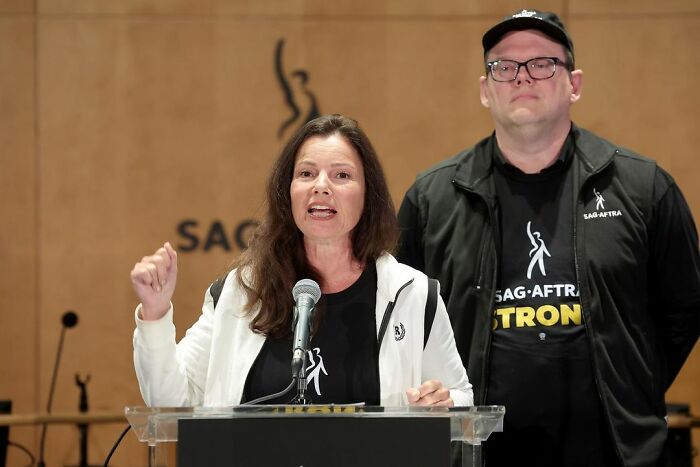
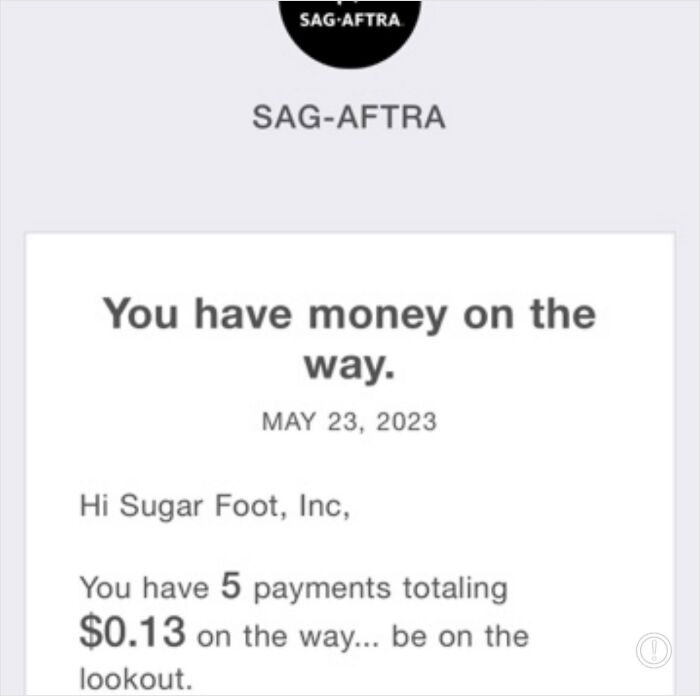
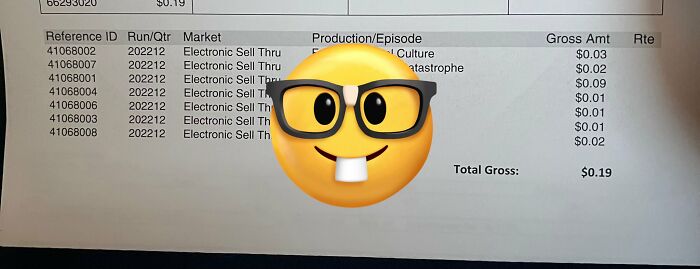
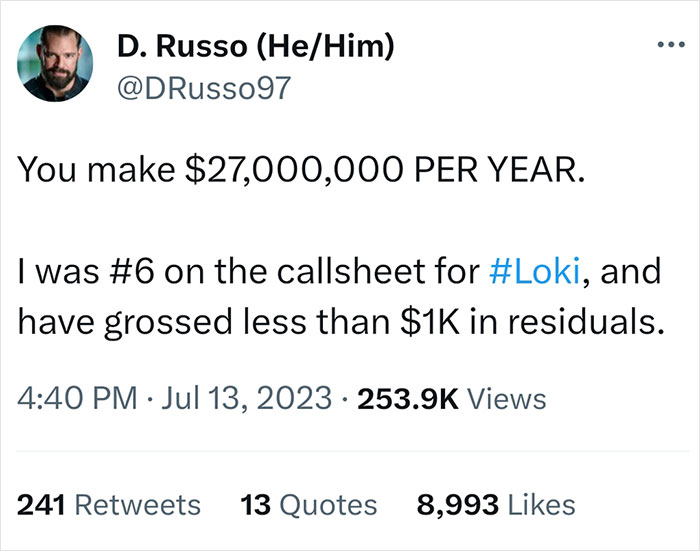
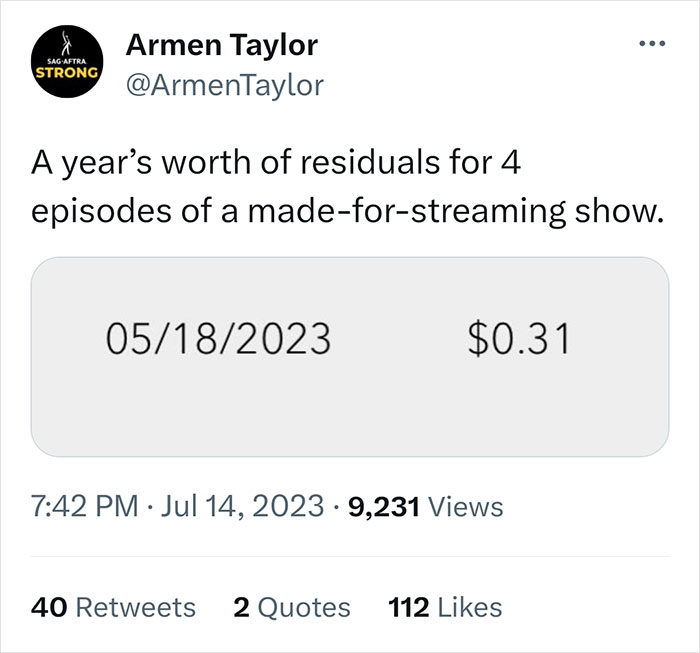
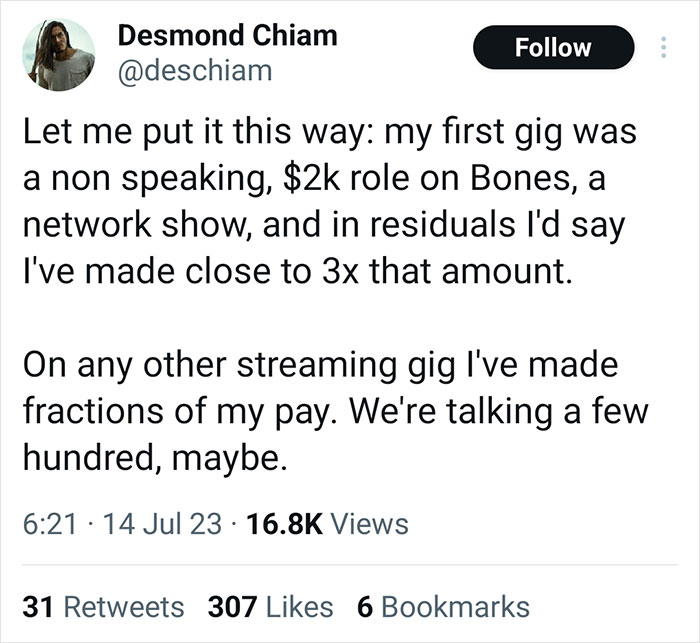
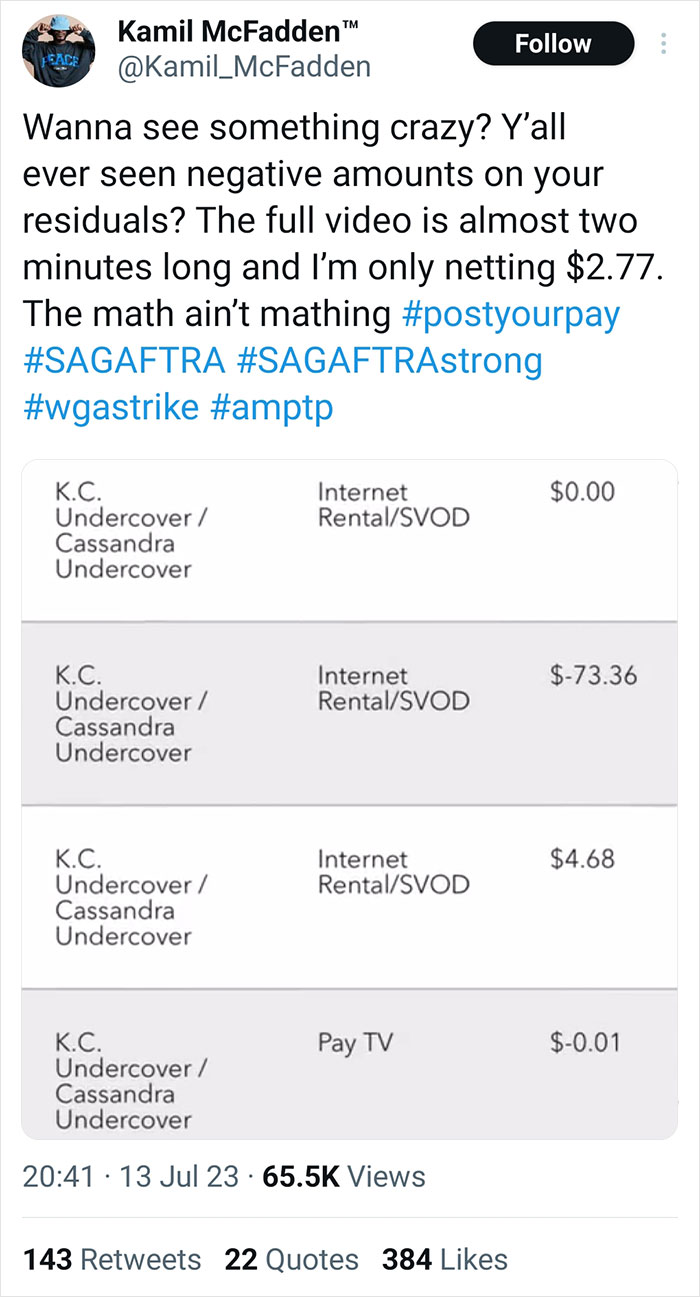
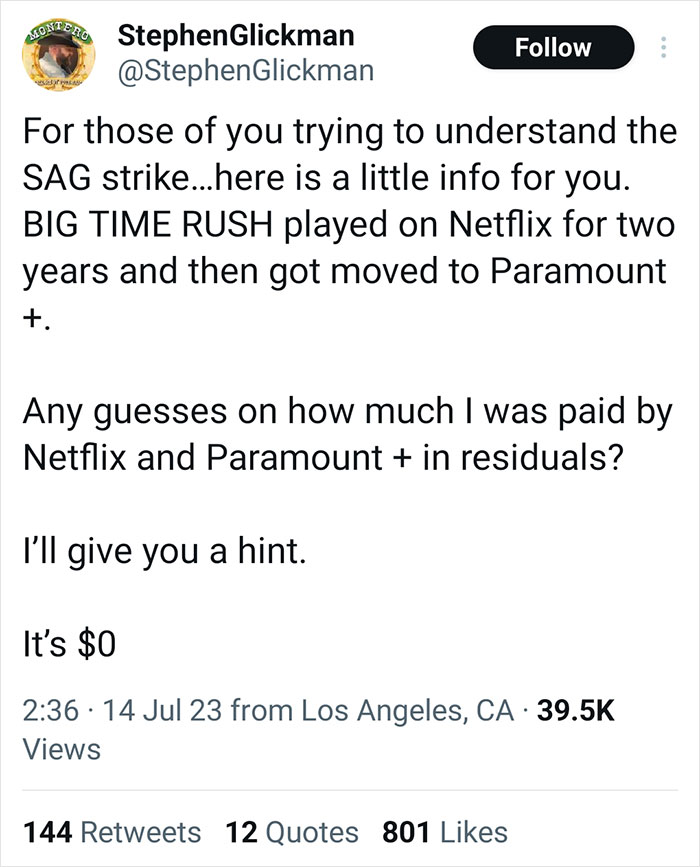


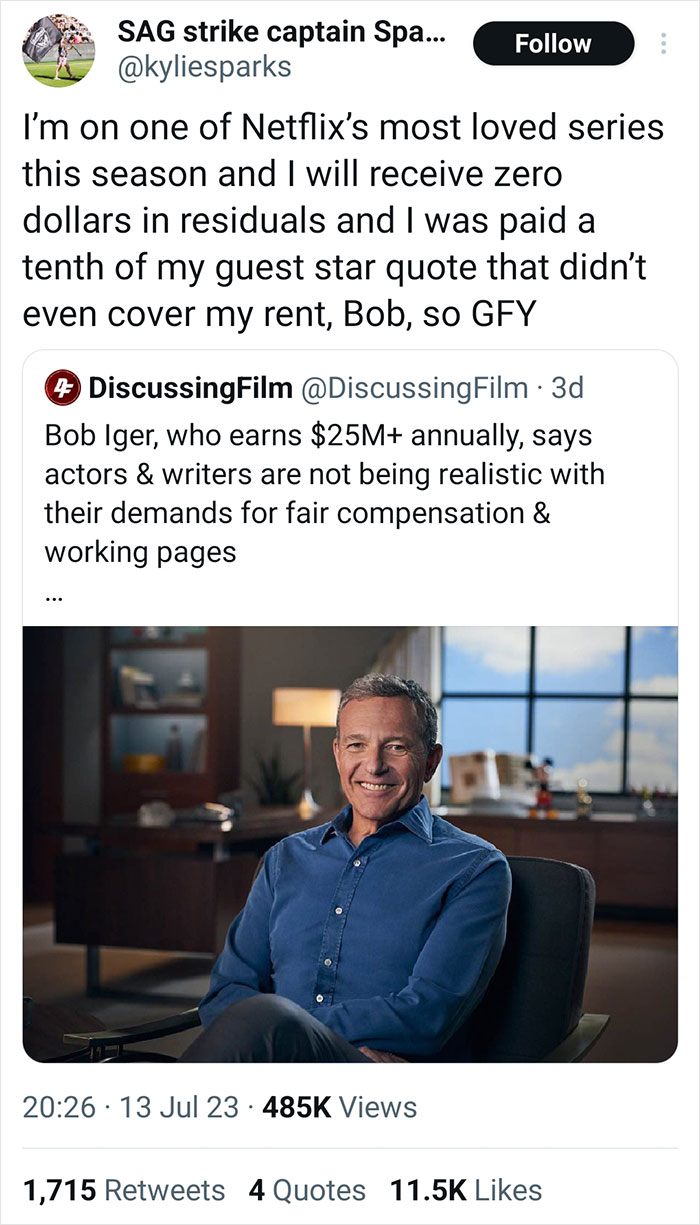












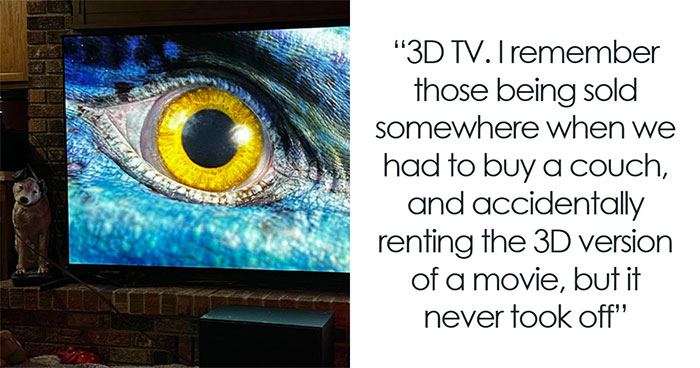





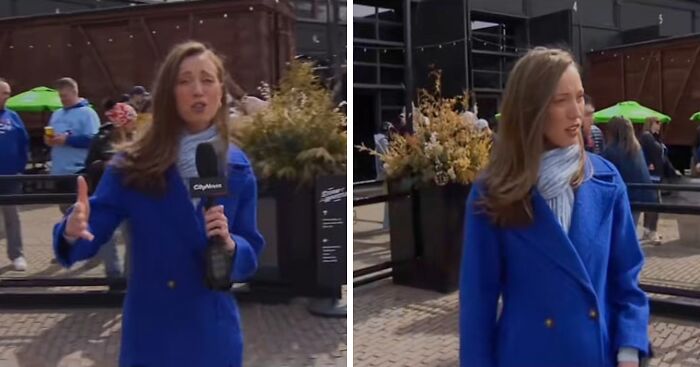


























117
87